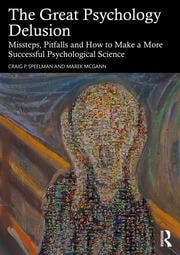If I have to see this goddamn "spatial ability" argument one more time. Get more specific. What type of spatial ability you absolute clowns. Exactly what task, and explain how you address the spatial ability conflation with gender problems. Explain why and how these diffs vanish when you include all the spatial tasks THAT RESEARCHERS REMOVED BECAUSE GIRLS WERE GOOD AT THEM
https://link.springer.com/article/10.1007/s10648-023-09728-2

Gender Differences in Spatial Ability: a Critical Review - Educational Psychology Review
Spatial ability has long been regarded as important in STEM, and mental rotation, a subcategory of spatial ability, is widely accepted as the cognitive ability with the largest gender difference in favor of men. Multiple meta-analyses of various tests of spatial ability have found large gender differences in outcomes of the mental rotation test (MRT). In this paper, we argue that more recent literature suggests that the MRT is not a valid measure of mental rotation ability. More importantly, we argue that the construct of “spatial ability” itself has been co-constructed with gender, and thus has not been devised in a neutral way, but in a manner that is influenced by gender beliefs. We discuss that though spatial thinking is also required in feminized fields, past research has cast spatial ability as only necessary in masculinized STEM fields. Due to a prevailing belief that spatial ability was an inherently male ability, researchers “selectively bred” some spatial assessment instruments to maximize gender differences, rather than to precisely measure a spatial construct. We argue that such instruments, of which the MRT is one, cannot validly assess between-group differences, and ideas about biological or evolutionary causes of sex differences in spatial ability lack empirical evidence. Instead, the co-construction of gender and spatial ability better explains observed patterns. We also provide recommendations for spatial researchers moving forward.
@dequbed @grimalkina can I mansplain here.
And point out the women that “I” know about who created the industry. From initial theory to chip design.









